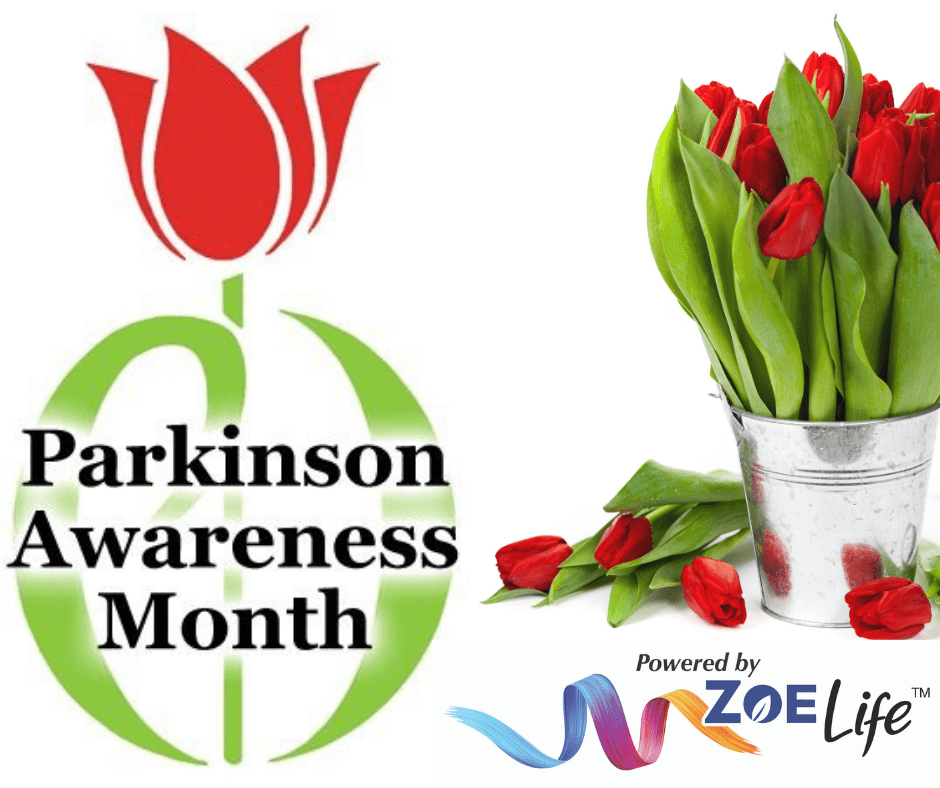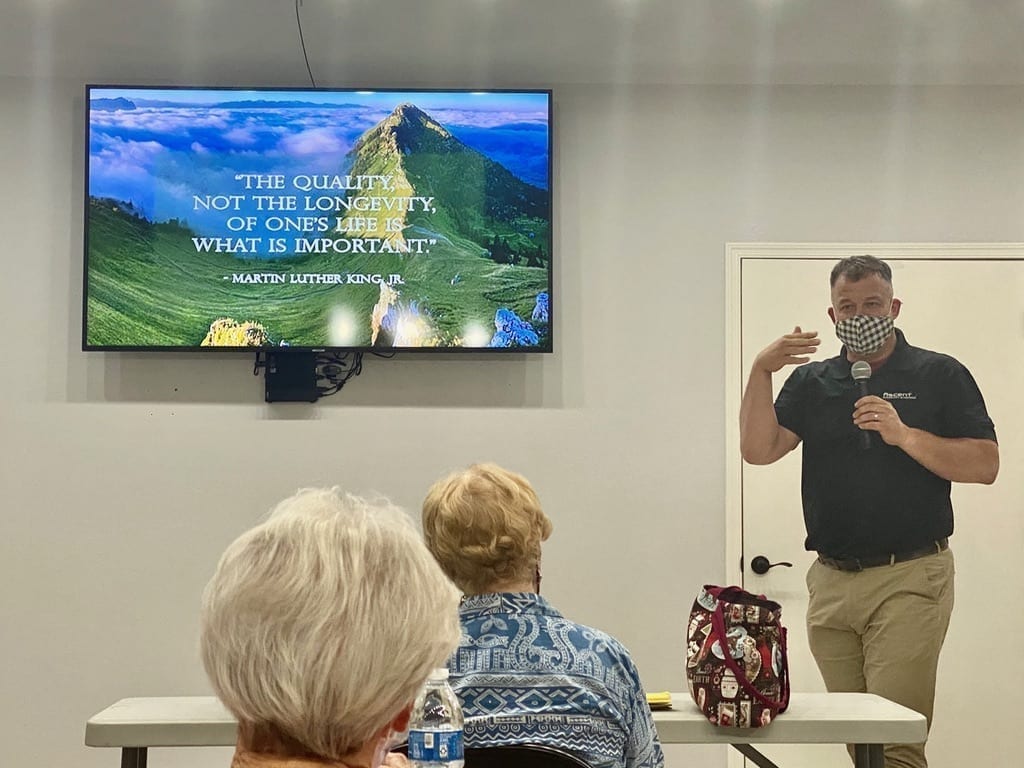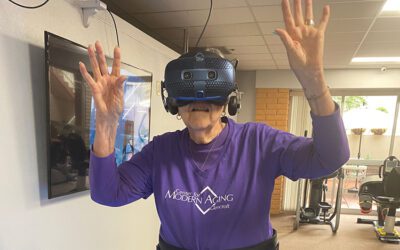People that have been diagnosed with Alzheimer’s disease often experience issues related to sleep. Sleeping too much, or not enough, frequent wakeups during the night, napping excessively during the day, increased confusion, restlessness, and agitation as night sets in, also known as sundowning.
These are all common occurrences, and there is a direct connection between ongoing lack of sleep increasing risk of health problems such as cardiovascular disease, high blood pressure, diabetes, depression, and obesity. Lack of sleep not only affects the person with Alzheimer’s, but also their caregivers and families as well, so it’s important to try to remedy this as much as possible.
What can be done? Exercise is a terrific tool. When thinking about exercise, it’s important to remember that there’s different types: Endurance, Strength, Balance, and Flexibility. Let’s explore a few activities for each category.
Endurance – This is aerobic exercise, any type that raises your heart rate. Brisk walking, yard work, dancing, and swimming are some examples of good endurance exercises.
Strength – Keeping muscles strong helps with balance and to prevent falls. Lifting weights, carrying groceries, and using a resistance band are all forms of strength training.
Balance – Simply standing from a seated position helps with balance. You can also stand on one foot, alternating feet, or practice heal-to-toe walking near a wall. You simply hold your arms out in a “T” and walk with one foot in front of the other touching our heal of one foot right in front of the toes of the other foot.
Flexibility – It’s all about stretching. Doing stretches after endurance or strength exercises are ideal since your muscles are warmed up.
There are other strategies to help improve sleep. These include limiting daytime naps, setting a peaceful mood for the evening to promote relaxation, following a regular schedule as often as possible, and avoiding alcohol and caffeine products.
If sleep problems persist, it’s important to talk with a health care provider as there may be medical conditions or medications that are factors as well. Professionals can identify possible causes and offer solutions.
It’s important to remember that as a caregiver, your sleep can also suffer. So, remember the importance of self-care. The tips above are indicated for you too!
- Mary Albanese, Director of Lifestyle





